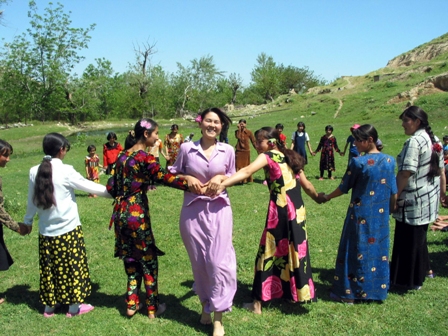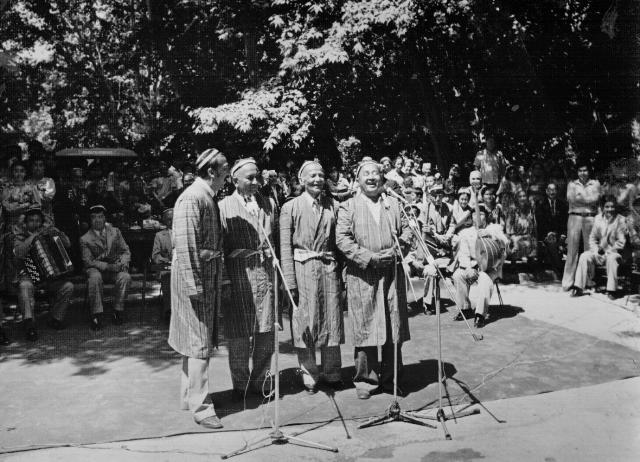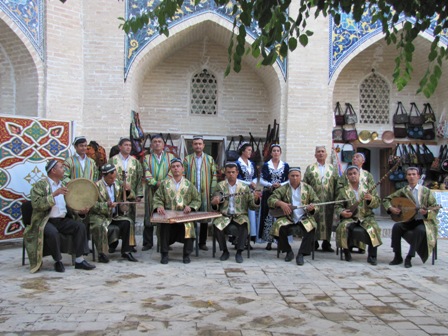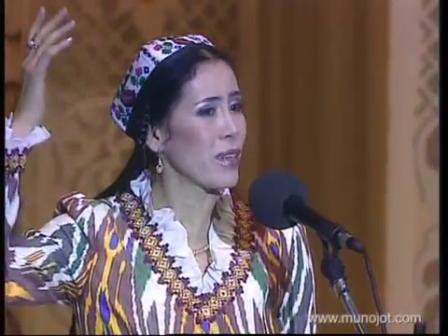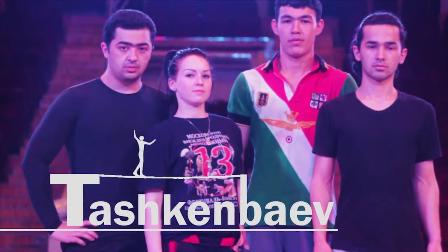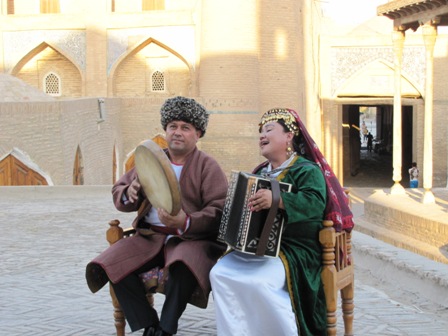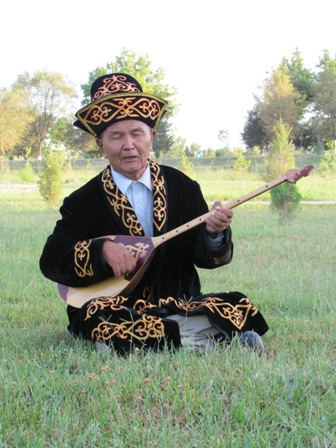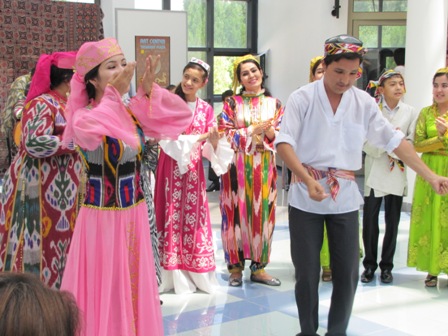Proverbs and Sayings
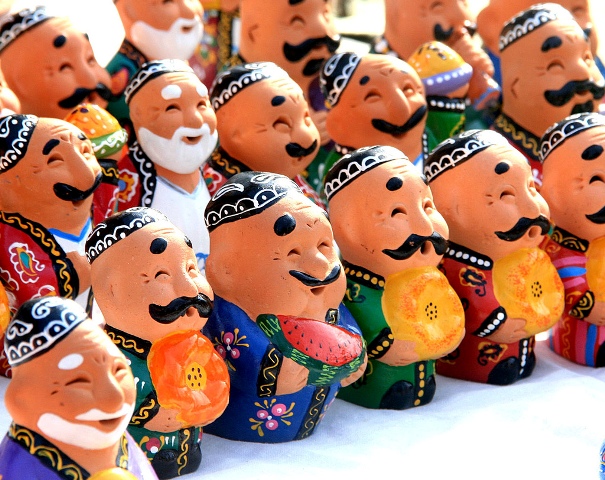
Domain: Oral Traditions and Expressions
Index Number: 01.04
Proverb is a genre of oral folk art. It is a wise adage, which is short, figurative and grammatically and logically complete, a phrase with a deep meaning. Proverbs, which have certain, steady and widely used rhythmic formula, emerged on the basis of people's centuries-long experience. In proverbs found its reflection people's life-related observations, their attitudes to the society, their history, spiritual state, ethical and aesthetic feelings and positive qualities. Having been preserved by the people throughout centuries, they acquired concise and simple poetic form.
Proverb can be used in a literal or figurative sense in oral and written speech. Some proverbs are only used in a figurative ("Qargha qarghaning kozini choqimaydi" ("Crows do not pick crow's eyes"), "Quruq qoshiq oghiz yirtar" ("An empty hand is no lure for a hawk")), or literal sense ("Ona yurting omon bolsa, rangi-roying somon bolmas" ("If your country prospers, you prosper")).
Proverbs are rich and diverse in terms of themes used. There are proverbs which are dedicated to such themes as motherland, labor, knowledge, skill, friendship, unity, wisdom, vigilance, language and speech culture, love, bad qualities, etc. Typical features of proverbs are: a dialectic unity of content and form; sometimes they are rich in rhymes; sometimes they have many meanings; they are metaphorical.
In a proverb often it is possible to find such a phenomenon as antithesis (for example, "Kattaga hurmatda bol, kichikka izzatda" ("Honor the older, respect the younger")). Proverbs can also be prosaic and in verse forms. Although such proverbs as "Mehnat, mehnatning tagi rohat" ("Work is done, time for fun") are found in prose, it is still possible to feel poetic motifs in them. Also, much like in poems, there are inner motifs and rhymes in such proverbs as "Elga bersang goshingni, Erlar silar boshingni. Itga bersang oshingni, Itlar ghajir boshigni" ("Give your food to the people and they will pat your head. Give your food to the dogs, and they will gnaw your head").
Examples of proverbs of Turkic people were provided for the first time in the work of Mahmud al-Kashgari called "Diwanu l-Lugat al-Turk". Many of these proverbs, which have a variety of versions, are still used among Uzbek people. For example the proverb, which is provided by Mahmud al-Kashgari, "Kishi olasi ichtin, qilqi olasi tashtin" ("Human's mischief is hidden inside, in animals – outside"), is nowadays used in the form of "Odam olasi ichida, mol olasi tashida". In Uzbek language to denote proverbs (maqol) some other words are sometimes used. These are: "masal", "zarbulmasal", "naql", "hikmat", "hikmatli soz", "tanbeh", "mashoyikhlar sozi", "hikmatli maqol", "donishmandlar sozi", "otalar sozi", etc. In general, proverbs are of great socio-political and educational value.
Saying (matal) is a term used in folklore. It is an expression, which is spread among the people, and which gives emotional and expressive color to a certain life-related reality. It is one of the genres of oral folk art. In a saying description of an item is given, its characteristics are provided. In contrast, in a proverb complete idea and conclusion are expressed. Sayings are beautiful examples of figurative thinking, which decorate our speech. Although they emerge relatively slow, they remain in use for several years. Sayings bear some similarities to folk proverbs. At the same time they differ from the latter with their peculiar features. These are the following: while proverbs are used as single complete conclusion in a speech, sayings act only as parts of that conclusion; while proverbs have a wide range of themes, sayings have exact themes and their exact functional purposes; while proverbs have their established form structures, sayings do not have such form structures; while proverbs are used sometimes in a figurative sense (or sometimes in a literal sense), sayings are used only in a figurative sense.
Emergence of sayings in oral folk art is associated with emergence of set figurative expressions. Because sayings rely on polysemy, as opposed to fixed phrases of speech, they strengthen analogy and comparison in an expression. That is why difference between compared elements is well preserved in them. Furthermore, sayings, irrespective of their content, from the perspective of grammar, always represent one part of a sentence.
The following sayings are widespread among the people: "Qil uchida turibman" ("I hang in the balance", "Semizlinki qoy kotaradi" ("Fatness is the right fit for a ram"), "Tuyaga yantoq kerak bolsa, boynini chozar" ("If camel needs a bur, it stretches its neck"), "Bekorga mushuk oftobga chiqmaydi" ("Without reason no cat comes out").





